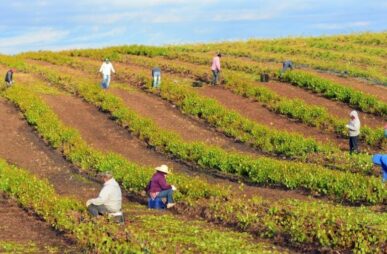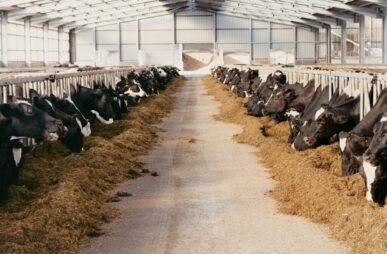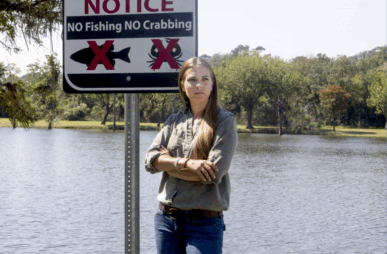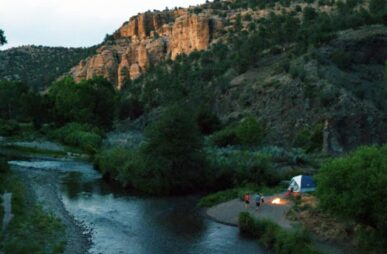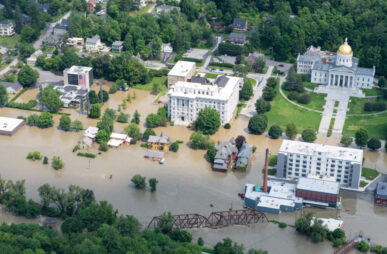California passes law ordering review of paraquat weed killer
By Carey Gillam
Efforts by some California lawmakers to ban the controversial weed killing chemical paraquat ended this week with passage of a law that keeps the chemical in use but requires a reevaluation by regulators within the next five years.
